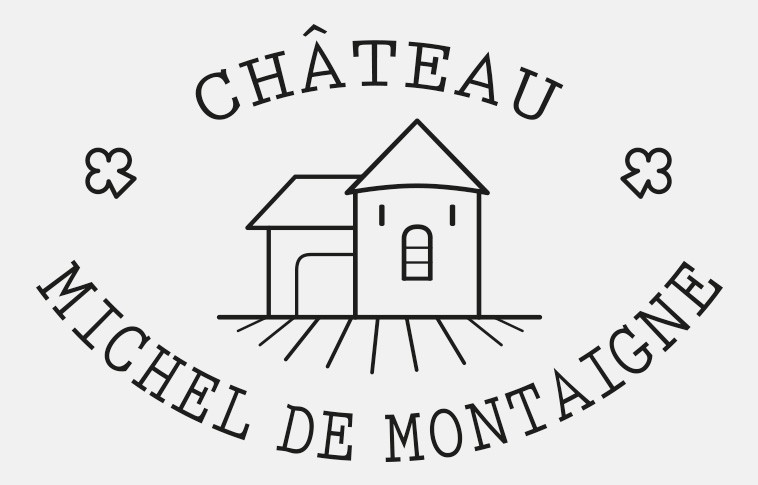No products
Product successfully added to your shopping cart
There are 0 items in your cart. There is 1 item in your cart.
Montaigne - Essays

Montaigne is known for writing "The Trials' of 1572 when he retired from public life until his death in 1592.
Montaigne is a eulogy to life, it addresses various themes in no particular order, such as: horses, friendship, death, medicine, marriage, illness etc. These are philosophical reflections on his own life and on humans. Indeed, Montaigne is above all a humanist.
It is aunique and universal book that accompanies you throughout your life as an old friend, "Essays" are a description of a life that passes. Each player can recognize an idea or a part of its existence because man presented by Montaigne is modest, common and not heroic. Through the analysis of his own existence, he wants to understand "What is man in general."
After asee read passages of tests, some will think:"But how does he know all this about me?".
Voltaire said of Montaigne: "The charming project he had to paint because by painting, he painted human nature. "
At 38, just retired from his political life, its trials show that man is not himself in public life, the world and the trade. It is in solitude,meditation and reading it really shows. It's a way to understand who he is, but also a way to control her anguish experienced in solitude. We gave this spiritual disease the melancholy name. The loss of his best friend, Etienne de La Boétie, with nothing settled, Montaigne found a cure: Writing.
He holds giftc accounts of his thoughts, his delusions to put order and gradually regain self-control.
TOone who does not dare start reading tests, we can give the advice Gustave Flaubert gave to a friend who did not know how to approach Montaigne:
But do not read as children read, to instruct you. No. Read to live.Sources: Sarah Bakewell "How to live a life of Montaigne in a question and answer 20 attempts."
